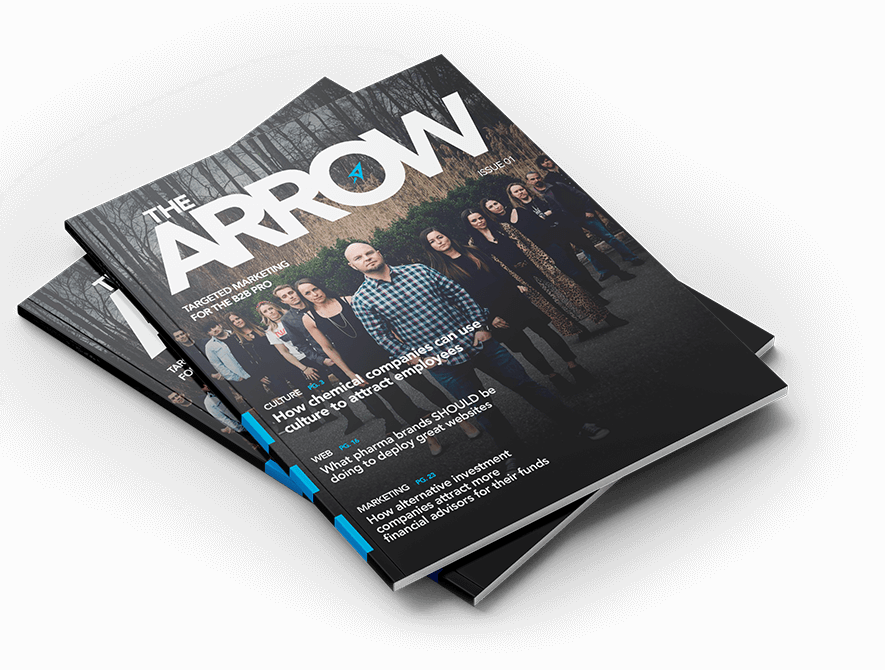The world of SEO has changed forever… CMDS doesn’t have to change one bit!
Chris Mulvaney is the CEO of CMDS. I make things... I’m the creative entrepreneur with passion for (re)making brands and inventing solutions to problems no one knows exist.
Google’s Panda Update Changes How Successful Online Marketing is Done
Panda, also known as Farmer, is an update that Google came out with in March of 2011, which reconfigured millions of search results. The changes pushed a number of websites down in the rankings, pushed others up in the rankings, and people have been asking questions surrounding the implications of these changes ever since. Google’s recent SEO updates have left an indelible mark on the web space and will forever change how sites are optimized and rated.
In the ever-changing technology realm, all components are constantly in motion. The only way to survive is to adapt to the rapid shifts that regularly occur around you. CMDS unlike many companies will no longer embark on a one-dimensional approach with clients, which only addresses article writing or link building. CMDS has always championed a multi-faceted approach that uses multiple strategies in a cohesive way to ensure the best possible results and ROI.
An engineer named Navneet Panda works at Google and is making quite a name for himself. He was part of a patent application that found a way to scale some machine learning algorithms. Before Panda, machine learning scalability (a branch of artificial intelligence in which a computer generates rules underlying or based on raw data that has been fed into it) at Google was at level X, and after, it was at the much higher level Y.
The impact of this shift is the ability for Google to not only assess the amount of traffic that enters and leaves a site, but also what the quality of that traffic is. Aaron Wheeler, a blogger at SEOmoz, put this concept into laymen’s terms explaining, “What Google can do is take a bunch of sites that people like more, and a bunch of sites that people like less (and when I say like, what I mean is essentially what Google’s quality raters determine makes a good site) and use the data to rate the sites according to more than just keywords. Google can say, ‘Hey, you know what? We can take the intelligence of this quality rating panel (how trustworthy, credible, secure, etc. they believe a site is) and scale it using this machine learning process.’”
In addition to the classic SEO strategies such as building content, embedding researched keywords, and linking to other credible sites, the Panda update is forcing SEO professionals to consider other things. The overall experiences, as well as how likeable and trustworthy a brand is in the eyes of the consumer are all factors that can now affect a site’s rating.
Wheeler also made a very poignant statement when he said, “It is almost like the job of SEO has been upgraded from SEO to web strategist. Virtually everything you do on the Internet with your website can impact SEO today.”
CMDS has always worked to create top quality websites for their clients to optimize the user experience. The attention to detail and understanding of the experience through the eyes of the customer has enabled them to win awards repeatedly. Their ability to effectively position and market their client’s brands will help CMDS to move their clients effortlessly into this new age of SEO.




